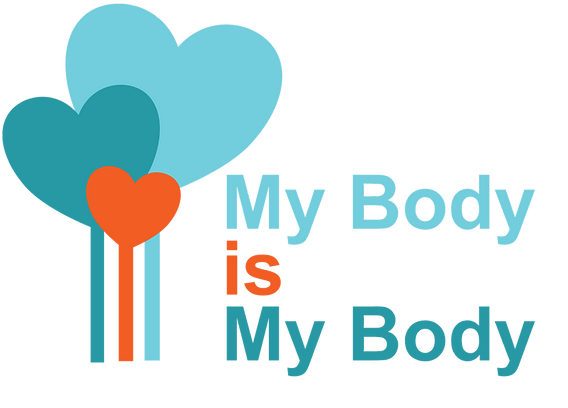What is Colic?
Essential skills for new mothers
Colic is a common condition that affects newborn babies, typically during the first few weeks of life. It is characterised by episodes of inconsolable crying that can last for several hours at a time. The exact cause of colic is not known, but it is thought to be related to a variety of factors, including:
A baby’s immature digestive system:
Babies have a sensitive digestive system, and things like lactose intolerance, food allergies, or an imbalance of healthy bacteria in the gut can easily disrupt it.
A baby’s developing nervous system:
Colic may be related to a baby’s developing nervous system, which can be oversensitive to stimuli like light, sound, and touch.
A baby’s environment:
Stressful or chaotic environments can contribute to colic.
Parenting styles: Some research suggests that certain parenting styles, such as overfeeding or excessive rocking, may contribute to colic.
It is important to note that colic is a normal and common condition that does not cause any long-term harm to the baby. Most babies outgrow colic by the time they are 3 to 4 months old. In the meantime, there are several things that parents can do to help their baby through this difficult period, including:
Holding the baby:
Holding the baby upright or in a position that allows them to look over your shoulder can help to soothe their crying.
Swaddling:
Wrapping the baby in a light blanket can help to calm their nerves and reduce crying.
White noise:
Background noise, such as a fan or white noise machine, can help to drown out other stimuli and calm the baby.
Gentle rocking or swaying:
Gentle rocking or swaying can help to calm the baby and reduce crying.
Providing a pacifier or dummy: A pacifier can provide comfort and help calm the baby.
It is also important to seek medical advice if you are concerned about your baby’s crying or if you are having difficulty coping with their colic. A healthcare professional can help to rule out any underlying medical issues and provide you with additional support and guidance.


